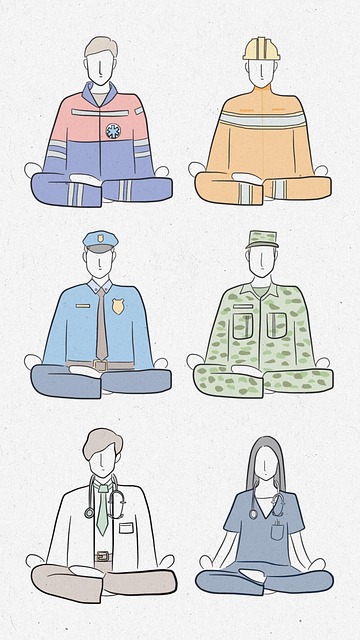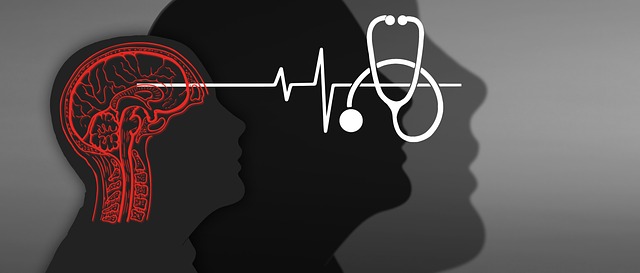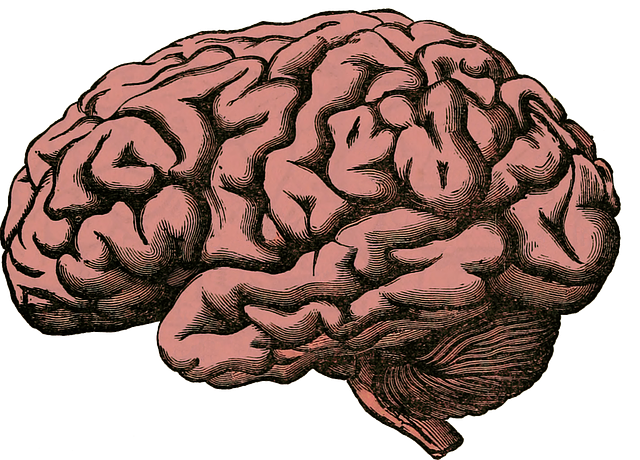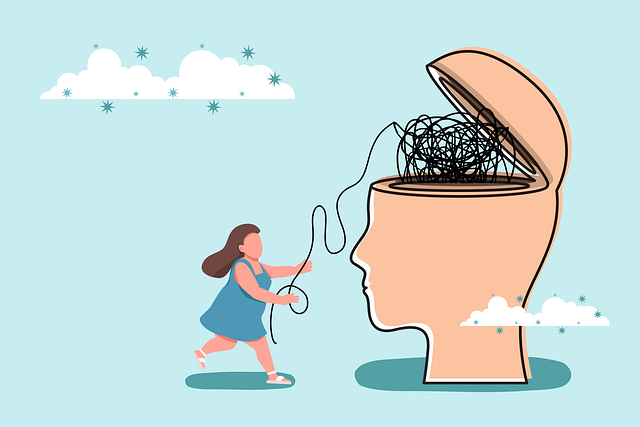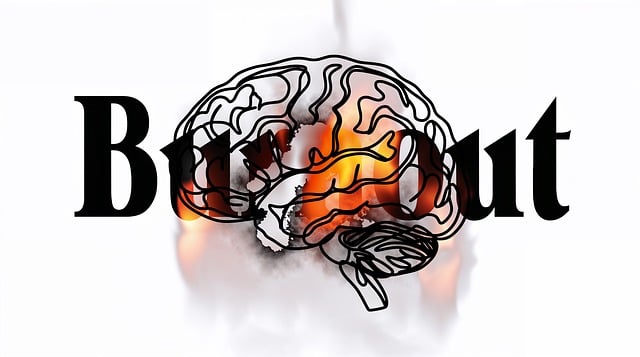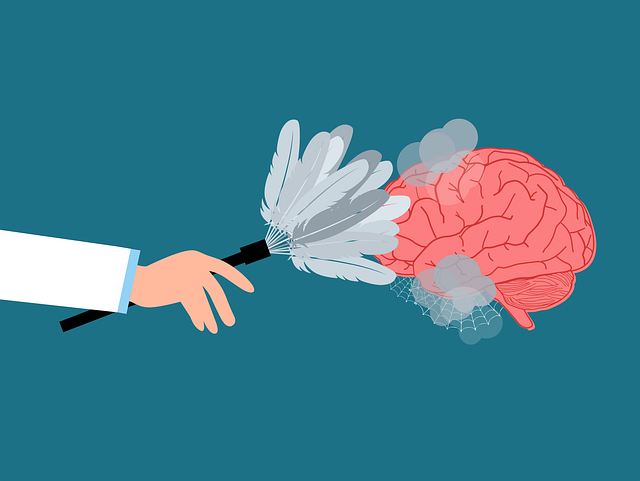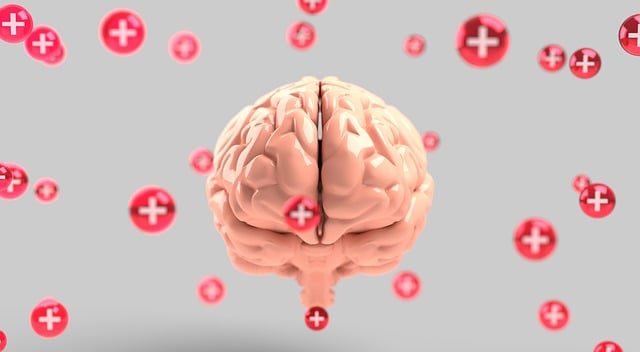Lone Tree Learning Disability Therapy focuses on empowering individuals with tailored coping skills for managing learning disabilities, stress, and anxiety. By combining self-care routines, emotional regulation techniques, and mindfulness practices, this holistic approach enhances mental well-being and fosters resilience. Through individualized therapy sessions, community outreach, and advocacy, Lone Tree promotes personal growth, reduces stigma, and enables clients to lead fulfilling lives despite challenges, making it a leading service in learning disability support.
Coping skills are essential tools for navigating life’s challenges, and their development is a key focus in therapeutic practices. This article explores the significance of coping mechanisms in therapy, offering insights into how Lone Tree Learning Disability Therapy facilitates their acquisition. We’ll delve into effective strategies for building robust coping skills, with practical tips to integrate them seamlessly into daily routines, empowering individuals to manage stress and adversity.
- Understanding Coping Skills and Their Significance in Therapy
- Strategies for Developing Effective Coping Mechanisms
- The Role of Lone Tree Learning Disability Therapy in Coping Skills Development
- Practical Tips to Integrate Coping Skills into Daily Life
Understanding Coping Skills and Their Significance in Therapy

Coping skills are essential tools that individuals with learning disabilities and their therapists can leverage to navigate challenges effectively. At Lone Tree Learning Disability Therapy, we recognize that each person’s journey is unique, and coping strategies play a pivotal role in enhancing overall well-being. These skills empower individuals to manage stress, anxiety, and emotional turmoil, enabling them to lead fulfilling lives despite the obstacles they may face.
Developing robust coping mechanisms involves learning and practicing self-care routines that foster positive thinking and emotional regulation. By integrating these techniques into daily life, therapy becomes more impactful, as clients gain greater control over their mental health. This proactive approach is crucial for long-term success, ensuring individuals can cope with stressors in a healthy and adaptive manner.
Strategies for Developing Effective Coping Mechanisms

Developing effective coping mechanisms is a vital part of managing stress and maintaining mental well-being, especially for individuals with learning disabilities. Lone Tree Learning Disability Therapy offers valuable insights into strategies that can empower individuals to navigate challenges successfully. One key approach involves identifying personal coping resources, such as support networks (friends, family, or community groups) and engaging in activities that foster a sense of calm and relaxation.
Community Outreach Program Implementation can play a significant role here by connecting individuals with local resources and providing opportunities for social interaction, which is crucial for building resilience. Additionally, Mental Health Policy Analysis and Advocacy encourages the development of self-care practices tailored to individual needs. Burnout Prevention Strategies for Healthcare Providers, while targeted at professionals, also offers valuable insights into time management, stress reduction techniques, and setting healthy boundaries, applicable to anyone seeking to enhance their coping abilities.
The Role of Lone Tree Learning Disability Therapy in Coping Skills Development

Lone Tree Learning Disability Therapy plays a pivotal role in coping skills development, offering tailored support for individuals navigating various challenges. This therapy focuses on empowering clients to manage and overcome obstacles by utilizing Mind Over Matter principles. Through individualized sessions, therapists help clients understand their unique mental health needs, fostering self-awareness and resilience. By integrating evidence-based strategies, the therapy encourages effective coping mechanisms, enabling folks to confront and surmount mental illness stigma reduction efforts while enhancing overall Mental Health Awareness.
Lone Tree Learning Disability Therapy’s approach goes beyond traditional treatment by promoting personal growth and self-empowerment. It equips individuals with tools to navigate life’s complexities, ensuring they can confidently build meaningful lives despite their challenges. This holistic process not only addresses current struggles but also prepares clients for future resilience, emphasizing the interconnectedness of Mind Over Matter principles in daily living.
Practical Tips to Integrate Coping Skills into Daily Life

Integrating coping skills into daily life is an essential aspect of self-care and can significantly impact mental well-being. At Lone Tree Learning Disability Therapy, we emphasize practical strategies to manage stress and emotions effectively. One powerful tool is mindfulness—a simple yet effective technique to enhance emotional regulation. Incorporate moments of awareness throughout the day; focus on your breath, observe thoughts without judgment, and stay present in routine activities. This practice can help reduce anxiety and improve overall mental clarity.
Additionally, self-care practices play a pivotal role in coping skill development. Prioritize regular exercise, maintain a balanced diet, and allocate time for hobbies or relaxation. These habits contribute to a sense of control and positive self-image. By addressing physical and emotional needs, individuals can better navigate challenges. Encouraging open conversations about mental health and participating in mental illness stigma reduction efforts within the community further supports an individual’s journey towards healthier coping mechanisms.
Coping skills development is a vital component of therapeutic journeys, and Lone Tree Learning Disability Therapy plays a crucial role in empowering individuals to navigate challenges effectively. By understanding the significance of these skills and employing strategies like those outlined in this article, people can enhance their resilience. Integrating coping mechanisms into daily life fosters adaptability and promotes overall well-being. This practical approach, combined with professional guidance from therapies such as Lone Tree Learning Disability Therapy, enables individuals to transform their lives by managing stress, anxiety, and other emotional obstacles.
